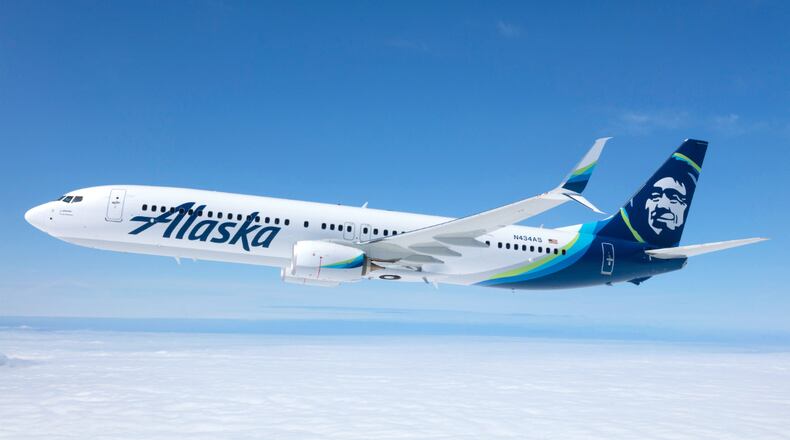Alaska Airlines closed its acquisition to buy Virgin America, the group announced on Wednesday.
The merger of Alaska and Virgin would combine the nation's sixth- and ninth-largest airlines, respectively, to create the fifth-largest U.S. carrier; it makes Alaska the biggest carrier on the West Coast.
Seattle-based Alaska Airlines announced its $2.6 billion deal in April, reigniting the debate over airline consolidation. It gives Alaska a foothold in key airports in New York and Washington D.C., increasing the airline's appeal to business travelers.
The Department of Justice cleared Alaska's acquisition last week, but it announced Alaska would be required to significantly reduce the scope of its codeshare agreement with American Airline – the world's largest airline – in order for Alaska to complete the deal.
The department said that these modifications will ensure that Alaska will have the incentive to vigorously compete with American as Virgin does today.
Alaska said the deal will add Virgin's 200 daily departures to its existing 1,000 daily flights. The airline currently serves 112 destinations in the U.S., Canada and Mexico.
Virgin quickly won over passengers with its new jets, friendly crews, trendy mood lighting, extensive seatback entertainment systems and meals on demand. All of that could go away if Alaska chooses to fly a uniform fleet, a decision company executives say they were still debating in the spring.
Alaska fliers are just as loyal, loving the airline's compassion. Like other carriers, it charges for bag fees but was the first to add a service guarantee: if a bag doesn't make it to the claim area within 20 minutes, fliers get $25 off a future trip or 2,500 bonus miles.
The combined airline would control 5.5 percent of domestic passengers, compared to New York-based JetBlue's 4.2 percent. By comparison, the four largest U.S. airlines -- American Airlines, Delta Air Lines, Southwest Airlines and United Airlines -- controlled a combined 83 percent of domestic seats in the past year, according to an Associated Press analysis of data from Diio, an airline-schedule tracking service.
The Associated Press contributed to this report.
About the Author
Keep Reading
The Latest
Featured

